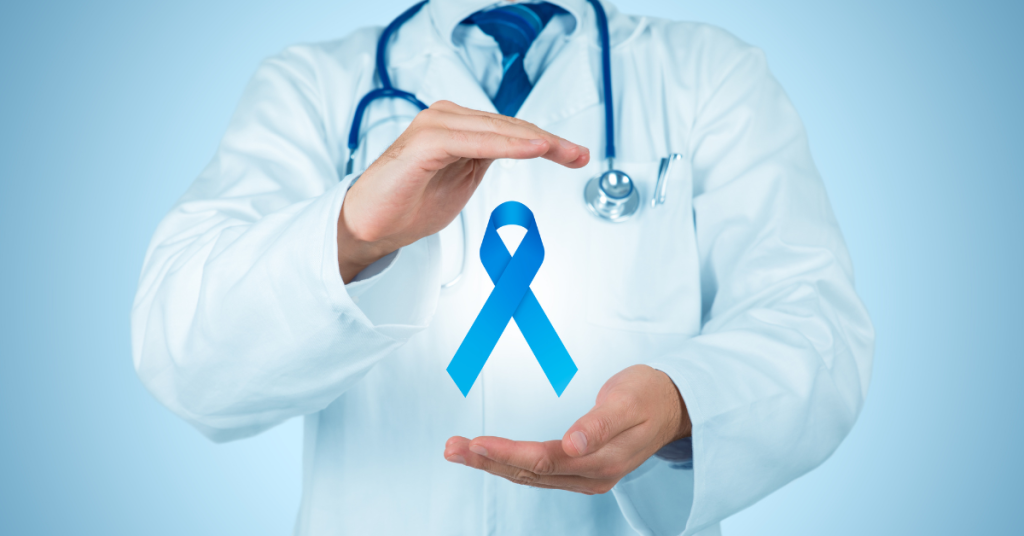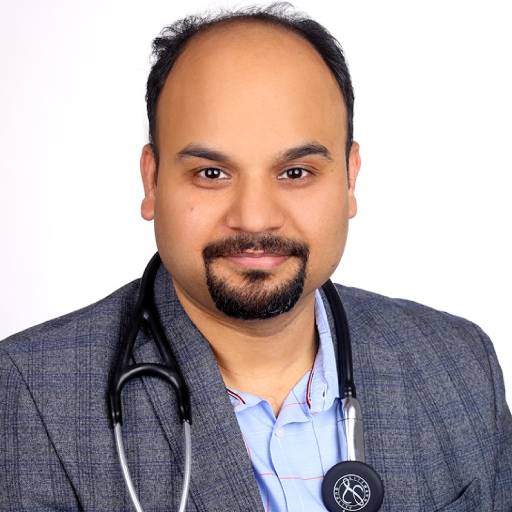Why Understanding Cancer Is Crucial for Everyone
Cancer is a leading cause of death worldwide, affecting millions each year. Despite advancements in treatment and early detection, it remains a significant public health challenge. Knowing the essential facts about cancer can help in prevention, early detection, and effective treatment.

What Is Cancer?
Cancer is a group of diseases characterized by uncontrolled growth and spread of abnormal cells. It can develop in almost any part of the body and includes over 100 types, each with unique characteristics.
Types of Cancer:
- Carcinomas: Originating in the skin or tissues that line internal organs.
- Sarcomas: Developing in bone, cartilage, fat, muscle, or other connective tissues.
- Leukemias: Cancers of the blood and bone marrow.
- Lymphomas: Affecting the immune system.
- Central Nervous System Cancers: Developing in the brain and spinal cord.
Common Causes and Risk Factors
Several factors can increase the risk of developing cancer. While some are beyond our control, many can be managed or mitigated.
Genetic Factors:
Family history of cancer can increase your risk. Certain inherited genetic mutations can predispose individuals to specific types of cancer. Understanding your family’s medical history can help you and your healthcare provider take proactive steps.
Lifestyle Choices:
Lifestyle choices play a significant role in cancer risk. Smoking is the leading cause of cancer, particularly lung cancer. Excessive alcohol consumption can increase the risk of cancers of the mouth, throat, esophagus, liver, and breast. A poor diet lacking in fruits, vegetables, and whole grains, combined with a lack of physical activity, can contribute to obesity, which is a risk factor for several types of cancer.
Environmental Exposure:
Exposure to harmful chemicals, radiation, and certain viruses can increase cancer risk. For example, prolonged exposure to ultraviolet (UV) radiation from the sun or tanning beds can lead to skin cancer. Occupational exposure to substances like asbestos, benzene, and formaldehyde is also linked to higher cancer risk.
Age:
The risk of most cancers increases with age. As you get older, the likelihood of genetic mutations and cellular damage accumulates, leading to a higher risk of cancer.
Symptoms to Watch For
Early detection significantly improves the chances of successful treatment. Being aware of common symptoms can lead to early diagnosis and better outcomes.
Unexplained Weight Loss:
Sudden and unexplained weight loss can be a sign of cancer. It is often associated with cancers of the pancreas, stomach, esophagus, or lung. If you lose more than 5% of your body weight within six months without trying, consult your doctor.
Fatigue:
Persistent and unexplained tiredness that doesn’t improve with rest could be a symptom of cancer. This is especially common in cancers like leukemia or those that cause significant blood loss, such as colon cancer.
Persistent Pain:
Continuous pain in a specific area without a clear cause can be a warning sign. For instance, chronic headaches can indicate brain cancer, while back pain could be a symptom of cancer in the spine or ovaries.
Skin Changes:
New moles or changes to existing moles, sores that do not heal, or changes in the size, shape, or color of warts, moles, or freckles can indicate skin cancer. Regular self-examinations and dermatologist visits can help with early detection.
Changes in Bowel or Bladder Habits:
Persistent constipation, diarrhea, changes in stool, or urinary issues can be signs of cancers such as colorectal or bladder cancer. Blood in the stool or urine should never be ignored.
Unusual Bleeding:
Unexplained bleeding or discharge can be a symptom of cancer. This includes coughing up blood (possible lung cancer), blood in the urine (bladder or kidney cancer), and abnormal vaginal bleeding (cervical or uterine cancer).
Lumps or Swelling:
New lumps or thickening in the breast, testicles, or other body parts should be examined by a healthcare professional. Early detection of lumps can be crucial for cancers like breast cancer or testicular cancer.
How Is Cancer Diagnosed?
Diagnosis usually involves a combination of methods to confirm the presence of cancer and determine its type and stage.
Physical Examination:
A physical exam can help identify lumps or abnormalities. During the exam, the doctor may feel areas of your body for changes that indicate cancer.
Laboratory Tests:
Blood and urine tests can identify abnormalities that may indicate cancer. For example, a complete blood count (CBC) can detect leukemia, while other blood tests can measure specific proteins or chemicals produced by cancer cells.
Imaging Tests:
Imaging tests like X-rays, CT scans, MRIs, and PET scans allow doctors to view the inside of the body. These tests help identify tumors, determine their size, and assess whether cancer has spread.
Biopsy:
A biopsy involves removing a small sample of tissue for examination under a microscope. This is often the most definitive way to diagnose cancer. The type of biopsy performed depends on the location of the tumor and may include needle biopsy, endoscopic biopsy, or surgical biopsy.
Treatment Options for Cancer
The choice of treatment depends on the type of cancer, its stage, and the patient’s overall health.
Surgery:
Surgery involves removing the tumor and surrounding tissue. It is often the primary treatment for many cancers and can be curative if the cancer is localized.
Radiation Therapy:
Radiation therapy uses high-energy rays to kill or shrink cancer cells. It can be used alone or in combination with other treatments, depending on the type and stage of cancer.
Chemotherapy:
Chemotherapy involves using drugs to kill cancer cells or stop their growth. It is often used to treat cancers that have spread or are not suitable for surgery. Chemotherapy can be administered orally, intravenously, or through other methods.
Targeted Therapy:
Targeted therapy involves drugs that specifically target molecules involved in cancer cell growth. These therapies can be more precise than traditional chemotherapy, often with fewer side effects.
Immunotherapy:
Immunotherapy boosts the immune system to fight cancer. This treatment uses substances made by the body or in a laboratory to improve or restore immune system function.
Hormone Therapy:
Hormone therapy blocks hormones that fuel certain cancers, such as breast and prostate cancer. It can be used alone or in combination with other treatments to slow or stop cancer growth.
Prevention and Early Detection
Taking proactive steps can help reduce the risk of developing cancer.
Avoid Tobacco:
Smoking is the leading cause of cancer, particularly lung cancer. Avoiding tobacco and secondhand smoke can significantly reduce your risk.
Healthy Diet:
Eating plenty of fruits, vegetables, and whole grains can help lower the risk of cancer. Diets high in processed and red meats, refined grains, and sugary drinks are associated with a higher risk of certain cancers.
Regular Exercise:
Maintaining a healthy weight and staying active can reduce the risk of several cancers. Aim for at least 150 minutes of moderate-intensity or 75 minutes of high-intensity exercise per week.
Limit Alcohol:
Reducing alcohol intake can lower the risk of cancers of the mouth, throat, esophagus, liver, and breast. Limiting alcohol consumption to moderate levels is recommended.
Sun Protection:
Using sunscreen and avoiding excessive sun exposure can help prevent skin cancer. Wear protective clothing and seek shade during peak sun hours.
Regular Screenings:
Participating in recommended cancer screenings for early detection is crucial. Screenings such as mammograms, colonoscopies, and Pap smears can detect cancer early when it is most treatable.
Understanding the facts about cancer is essential for prevention, early detection, and effective treatment. By being aware of the risk factors, symptoms, and treatment options, you can take proactive steps to protect your health and seek timely medical advice if needed. Remember, early detection can save lives.
For more information, please contact Easy Treatment India.

